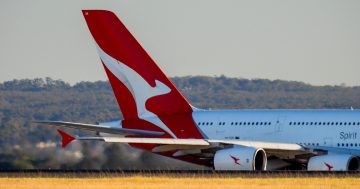 The Canadian Federal Government and unionised workers are preparing to lock horns over double-digit wage hikes to account for higher inflation and rules for remote work in what is shaping up to be a heated series of contract negotiations.
The Canadian Federal Government and unionised workers are preparing to lock horns over double-digit wage hikes to account for higher inflation and rules for remote work in what is shaping up to be a heated series of contract negotiations.
The Treasury Board, the listed employer for most civil servants, said 27 of its 29 collective agreements with unions had expired as of 31 January and another deal with Royal Canadian Mounted Police (RCMP) regular members and reservists is to lapse at the end of March.
The Federal Government is about to begin bargaining for new collective agreements for, or is already negotiating with, nearly all the unions representing more than 300,000 Federal public servants.
This year’s negotiations are particularly unusual and intense not only due to inflation, but because of the size and scope of public-service Departments that are at the bargaining table, and the number of workers gearing up for strike votes.
The biggest and most fraught negotiation is between the Treasury Board and a group of 120,000 workers represented by the Public Service Alliance of Canada (PSAC).
In January, talks between both sides broke down after PSAC accused the Treasury Board of not coming close to meeting the union’s wage demands of annual salary increases that match inflation (the Government’s offer was a two-per-cent yearly wage hike over three years).
PSAC then left the bargaining table and called for a strike vote, which is set to take place in April.
The Treasury Board said it was disappointed that PSAC decided to pursue a strike vote, and called on it to return to the bargaining table.
“We believe there is lots of room to reach a fair and reasonable agreement for public servants,” the Department said in a statement.
Separately, approximately 35,000 Canada Revenue Agency workers represented by PSAC are participating in a strike vote (from 31 January to 7 April), which could result in the biggest strike action by public servants in decades.
PSAC said those workers had been without a contract for more than a year, and the union declared an impasse in negotiations in September.
It said talks broke down over wages and remote work.
Ottawa, 9 February 2023











